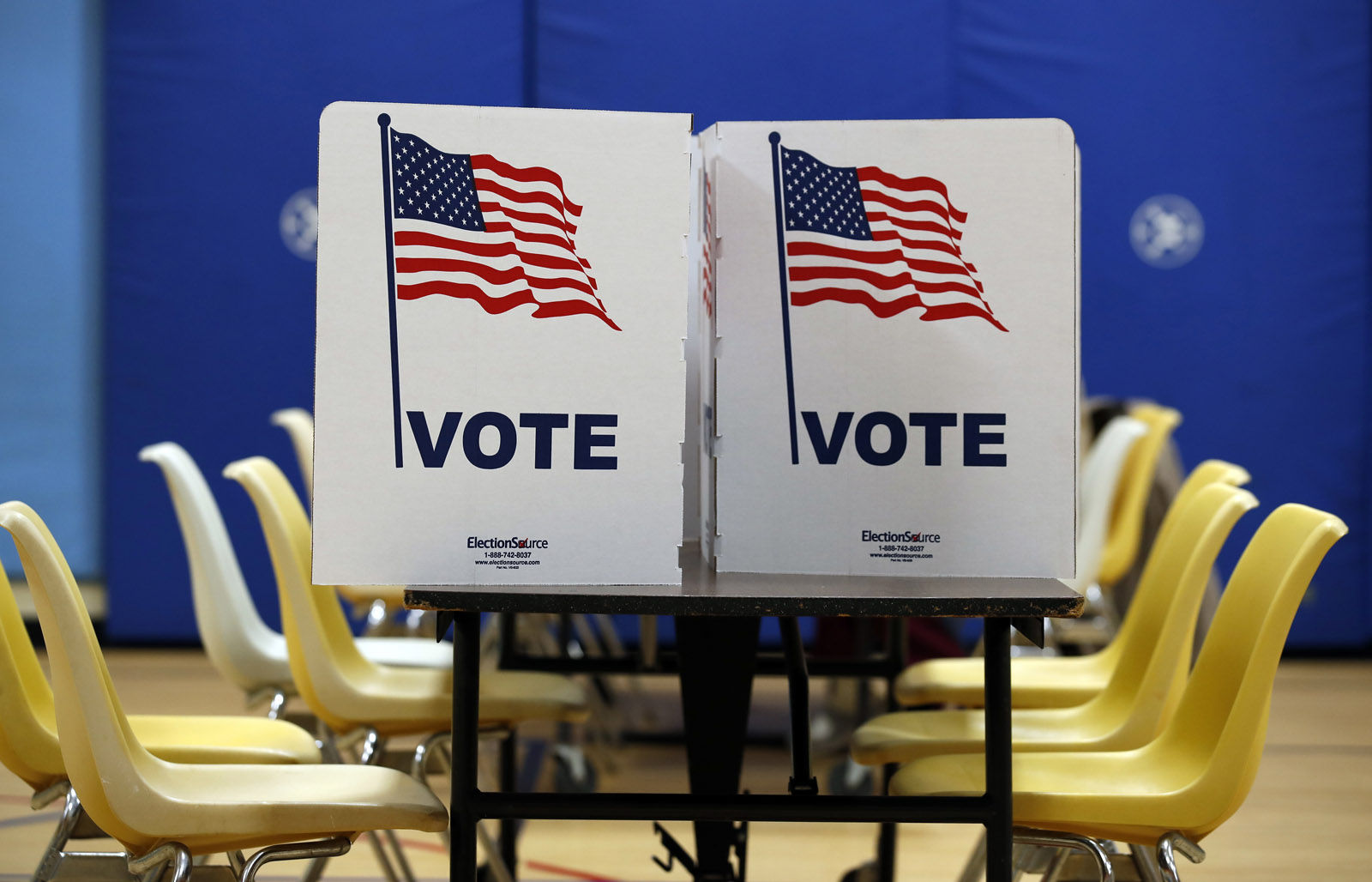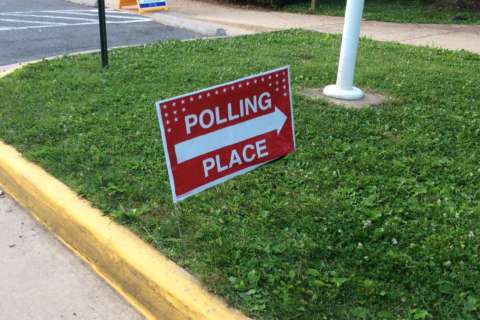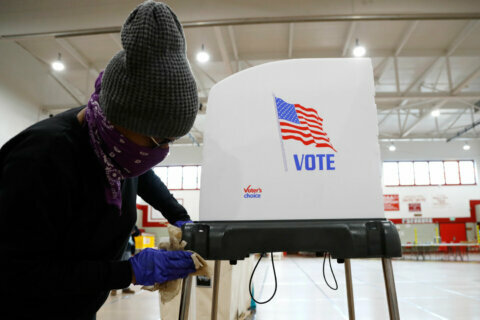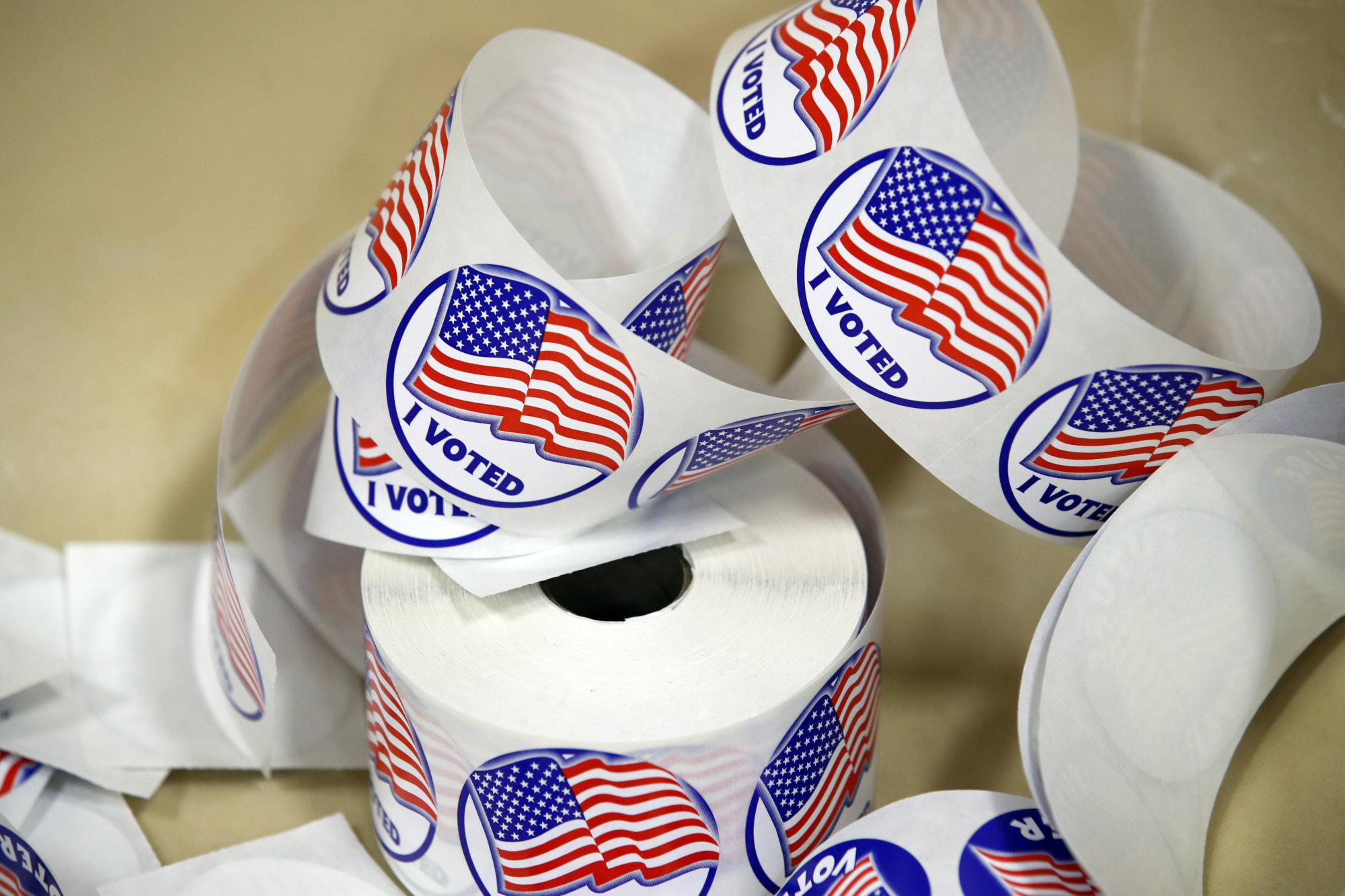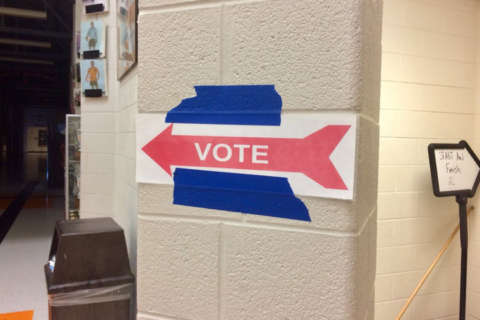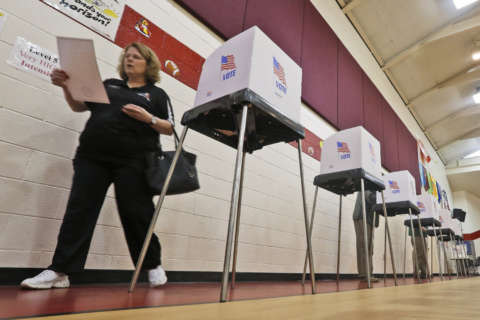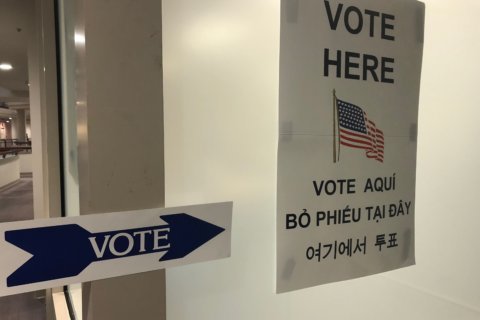Editor’s note: This is one in a series of pieces on Virginia’s June 12 primaries. WTOP interviewed all candidates in contested local races. See all of WTOP’s primary coverage on our Elections and Politics page.
WASHINGTON — Three Democrats describing themselves as progressives are vying June 12 for the chance to challenge Republican Rep. Rob Wittman in November in the sprawling 1st Congressional District, which stretches from Prince William County through Fredericksburg to Newport News.
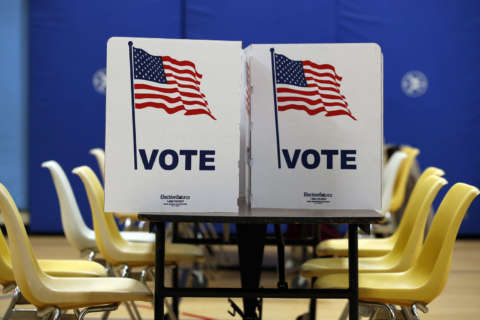
Differences among Vangie Williams, John Suddarth and Edwin Santana take some digging to find — each supports moving to a single-payer health care system and increased background checks for gun sales, among other points of agreement.
“I think that that’s one thing that people in the district truly haven’t tried yet, is a truly progressive message,” Santana said. He also hopes to connect with the growing Latino community in the district based on his Puerto Rican heritage.
The district has long been reliably Republican. Wittman, first elected in 2007, has won by a wide margin in each of his races.
Suddarth, of Hanover County, cites his experience in the Army after growing up in Dumfries, and his work leading manufacturing companies and now his ownership of a private equity firm, as a reason he would be in the best position to beat Wittman.
“I learned how U.S. public policy both helps and hurts American workers and American employers, and a big part of that is health care,” Suddarth said. “It’s very, very difficult. In order to keep health care costs down, we often had to change providers and plans, which creates anxiety for employees.”
Campaign finance reform and health care are among his top issues.
“Money in politics is the root cause of things not getting done,” Suddarth said.
Vangie Williams, a government contractor who describes herself as a strategic planner, has proposed exempting the first $50,000 of income from federal income tax for junior enlisted military, veterans, first responders and educators.
“By doing this, we give a well-needed boost to our hometown heroes that will feed into our communities,” she said.
Williams, who lives in King George, would pay for her initiative by closing some corporate “tax loopholes.”
Like Suddarth, she also would like to take steps to reduce the amount of corporate money in politics.
“I’m running because I want to bring an economy that works for everyone, health care — affordable and accessible health care to everyone — and I want to invest in our communities,” Williams said. “An economy that works for everyone: one that supports health care, education, transportation and — ready for this? Retirement.”
For Santana, a Marine Corps veteran living in Stafford County whose wife is still active-duty, single-payer health care is a top issue. He does not think that stance would be a roadblock in the general election.
“People believe health care is a human right; we can debate on how exactly we get there … strengthening of public schools I think is another popular message,” Santana said.
He would like to boost teacher pay.
“Look at the budgets for the Department of Education and the Department of Defense — you’re talking about $70 billion versus $700 billion. So, money’s out there; you’ve just got to see where our priorities lie, and I think that our priorities should lie with educating our kids and preparing them to seize opportunities in the future,” Santana said.
He would also focus on the broader economy, environmental protections, and changes in the wake of the #MeToo movement to address sexual violence by requiring affirmative consent, increasing education, and removing military sexual assault investigations from the chain of command.
“One thing that can help us win over more moderate voters … is the fact that I’m a military veteran, so people, while maybe they don’t agree with all my policies, they can trust the fact that, as a Marine, I worked in nonpolitical ways to accomplish very complex tasks, so I’ve done this type of work before, and I can do it in Congress as well,” he said.
Williams expresses similar confidence.
“I know how to go to Capitol Hill and get the job done. It’s not a trial and error. I have the strategy, I have the team and I have the know-how,” she said.
Suddarth said he has worked on joint ventures with foreign companies that have required consensus, an experience that could help him reach across the aisle.
A “blue wave” of Democratic wins would allow for a tougher stand on health care, though, he said.
“I have a much better understanding of what works, what doesn’t and the types of things that need to be done in Congress for us to start moving forward again,” Suddarth said.
“If I am elected, I don’t want anyone to be surprised by how I will vote on an assault weapons ban or universal health care or investment in infrastructure and education and action on climate change,” he said.
Traffic and infrastructure
The primary candidates agree on the need to address traffic problems and a lack of broadband internet in large parts of the district, but could differ in approach.
Williams is particularly concerned about a lack of options or access for many people to jobs, medical appointments or schools, and wants a detailed study of traffic along I-295, I-95 and I-64 in the Richmond and Northern Neck area.
“While you see the traffic on 95, it bleeds onto Route 1 and 301, but this is another problem we have in the 1st District; we have a lack of transportation,” Williams said.
Santana recognizes complaints about “exorbitant tolls,” and suggests a greater investment in and extension of Virginia Railway Express service should be an option.
Suddarth complained the full-time toll lanes in Northern Virginia are being operated by foreign companies.
“All of that could have been publicly-owned infrastructure, but, you know, because of crony capitalism, the public took the risk and the private enterprise is taking the rewards,” Suddarth said.
He would like to look at ways to keep drivers from north of Baltimore destined for somewhere south of Richmond from clogging up Northern Virginia.
“If that traffic was not going through the D.C. area, we would have much less congestion,” Suddarth said.
“I’m a native of Dumfries, 95 has been backed up my entire life, and, as I said, I’m 59 years old,” Suddarth said. “I think we need an East Coast strategic traffic initiative to look at different ways that we can move north-south traffic away from the D.C. area so that people in our district aren’t spending at least an hour of their lives each day wasted and idling in traffic because of traffic congestion.”
He acknowledges money is not available for major projects such as a new highway.
“None of these things ever get off the drawing board because Republican tax and fiscal policy leaves us cash-strapped and there’s really no money available right now to make those types of investments that would make everybody’s lives a lot better,” Suddarth said.

